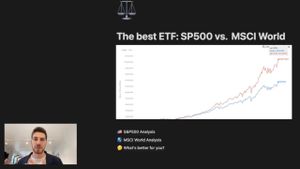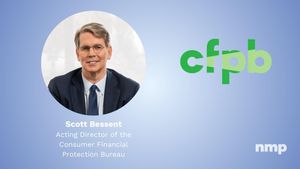Recent developments concerning the upcoming presidential election in Lebanon have triggered significant political tensions, raising questions about the future of the nation. Ongoing discussions among various political factions reflect not only the near stalemate but also deep-seated divisions among Lebanon's political elite.
The Lebanese political arena has long been characterized by intense negotiations and shifting alliances, and the current scenario is no different. Political factions, such as the Future Movement and Hezbollah, are reportedly engaged in negotiations, attempting to both influence the election process and secure strategic advantages. The stakes are incredibly high, not just for the immediate political situation but for the broader stability of Lebanon, which has faced numerous challenges over the past few years.
According to sources, "The current political stalemate reflects deep-seated divisions within Lebanon and raises concerns about the future." This quote encapsulates the anxiety and uncertainty permeated throughout the discourse surrounding Lebanon's political identity. For many citizens, the looming presidential election is not merely about selecting a leader; it's about determining the country's path forward amid economic turmoil and social unrest.
Throughout October 2023, discussions have intensified as the election date approaches. Political analysts are closely monitoring the negotiations between the government's sides, attempting to gauge how partnerships may evolve as candidates emerge. The positions taken by these factions are causing ripples across the political spectrum, with each side attempting to fortify its base and appeal to the Lebanese populace, who are increasingly disillusioned.
Given the existing challenges, including the economic crisis and public sector dissatisfaction, the consequences of the presidential selection will extend beyond the confines of the political elite. Citizens are desperately seeking transparent governance and effective leadership to address the significant issues plaguing their daily lives.
Lebanon's complex identity, shaped by years of sectarian influence and foreign intervention, adds another layer of difficulty to the upcoming election process. To many, the issues go beyond political branding or party lines; they reflect the heart of Lebanese society. There is hope among some factions for collaboration, but the distrust lingers heavily.
Negotiations appear to be meeting both opportunities and hurdles as leaders jockey for position. Some are predicting possible shifts or last-minute alliances, which could either help or hinder progress. Signs of hope occasionally spark within the discussions, but the overarching sentiment remains cautious.
Political observers are carefully watching the developments, noting the urgency required to address crises affecting the average Lebanese citizen. The outcome of the presidential election could usher either stability or chaos, and the nature of which remains dependent on the whimsical dynamics of political negotiations.
Currently, no impending resolution is visible on the horizon, leaving many to speculate about the next steps for the country. With November fast approaching, anticipation and anxiety continue to rise as citizens and political representatives alike await to see how the electoral process will play out.
Looking forward, there is potential for the upcoming election to serve as a turning point for Lebanon, whether for positive change or exacerbation of existing challenges. The hope remains, albeit frail, for unity amid division—a sentiment shared by many across the nation. The fundamental question lies not only on who will rise as president but if this new leadership will be able to restore faith and functionality to the Lebanese state.



